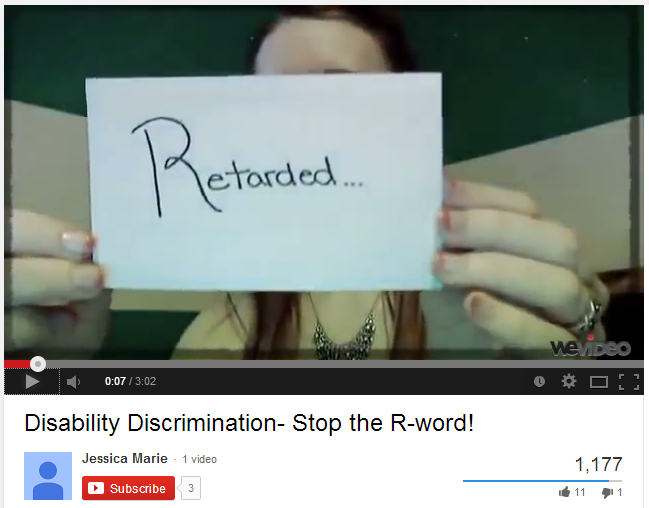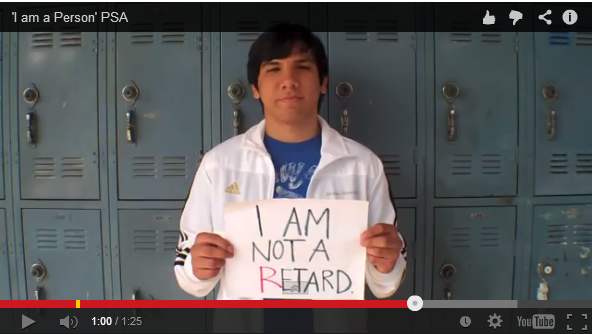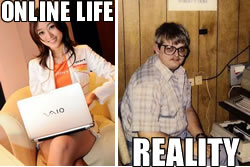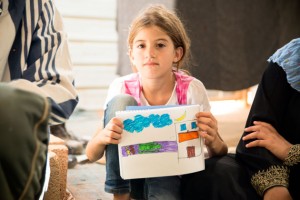Today I attended the CAP Conference to watch my colleagues, and other students from all the CAP streams, showcase some of the work they’ve accomplished throughout the year. To clarify what the CAP Conference is, according to the CAP Arts Program UBC Website, it is basically annually hosted by the CAP program to “celebrate [CAP] students’ pursuit and production of knowledge in the various research streams“. I’ve never attended such an event before and I can conclude that it was very enjoyable, as it led me to feel appreciation for the kinds of work my colleagues have been doing, and at the same time gave me exposure to very critical topics.
One work I found interesting was Colin’s presentation on his research paper, “Critical Analysis of English as a ‘Global’ Language, With an Emphasis on Post-Secondary Institutions” from the Race and Globalization Panel. Briefly, Colin is intrigued by how the English language has become ‘globalized’, how it’s become the dominant one, and why it’s become one that everybody seems to strive to learn. He emphasizes on university schools, noting his encounter with UBC’s president, Stephen Troope’s statement that UBC is ranked 22nd best university in the world,, finding a commonality between the top ranked universities: they are all taught in English. I agree with him when he said that this system is all very common sense (non-English speakers want to learn English), however we never really ask ourselves “why” this is so, why it is a desire and need to learn English. I found his analysis on an education book he encountered which encourages people to learn English in order to “get an education” and ultimately “be successful” spoke to this reflection he brings up really well. His presentation invoked me to think that, if we all just step back, we can realize we are all participating in this globalization process. His presentation made me think about the universities around the world that do not have the English language in their heritage, such as the University of Hong Kong. The website that I have linked is hosted by the Hong Kong Higher Education, a gate to education in Hong Kong, and its page states “you’ll be happy to know that all of them use English as medium of instruction for most of their courses”. So why should we be happy? Is this a good thing? Colin analyzes that English has become the language of “success” (meaning, being literate in English gives you access to education, attention, and others) throughout history, and because of globalization we are perpetuating this standard. His presentation invoked me to look up some other English-taught universities, and I came upon this article, which gives an example of how English is a global language. It talks about how English has been popularly used as a medium for most of the courses being taught. In this scenario, “success” is not higher education, but, as reported, “to attract students in a market where demographic decline is making it harder to fill seats”, however this posed a problem when there were numerous reports of suicides committed by the local students, who could not handle the stress of learning in another language. Moving on to thinking geographically, this situation seems to state an obvious cry for the local, that globalization can harm the local in this aspect.
Overall, many of the topics at the conference exposed me to critical ways of thinking about certain topics. Colin’s is just one example that I was particularly intrigued by. I want to end off by saying I am proud to be a part of the CAP Program and appreciate its attention it has paid to me, as a first year student learning how to transition from amateur high school to university. I’m also very thankful for the levels of thinking and types of perspectives it has given me that I can take on throughout the rest of my university career, and even life. By choosing the Global Citizens stream, it has opened my mind effectively to be aware, think, analyze and, in some ways, act globally as well. I have been recommending graduates from my own local high school that are applying to Arts to look into this program!






















